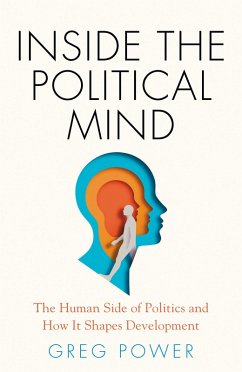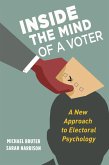Why have efforts to strengthen quality of governance so often failed in some of the world's most troubled states? Because they almost always ignore the human side of politics.
Drawing on his experience of working with hundreds of politicians in more than sixty countries, Greg Power explores how social norms, public expectations and the personal interests of MPs influence the path of political development.
Where states are weak, politicians solve problems by going around the state. From Tanzania and Nepal to Iraq and Ukraine, voters actually want MPs who can find informal fixes, and a reciprocal logic holds the system in place. But this also means that weak institutions tend to stay weak.
Combining insights from behavioural economics, change management and comparative politics, this fascinating book argues for a different approach to political reform, one concerned less with institutional design and more with the existing logic of human behaviour. One that starts inside the political mind, and works outwards from there.
Drawing on his experience of working with hundreds of politicians in more than sixty countries, Greg Power explores how social norms, public expectations and the personal interests of MPs influence the path of political development.
Where states are weak, politicians solve problems by going around the state. From Tanzania and Nepal to Iraq and Ukraine, voters actually want MPs who can find informal fixes, and a reciprocal logic holds the system in place. But this also means that weak institutions tend to stay weak.
Combining insights from behavioural economics, change management and comparative politics, this fascinating book argues for a different approach to political reform, one concerned less with institutional design and more with the existing logic of human behaviour. One that starts inside the political mind, and works outwards from there.
Dieser Download kann aus rechtlichen Gründen nur mit Rechnungsadresse in A, D ausgeliefert werden.









